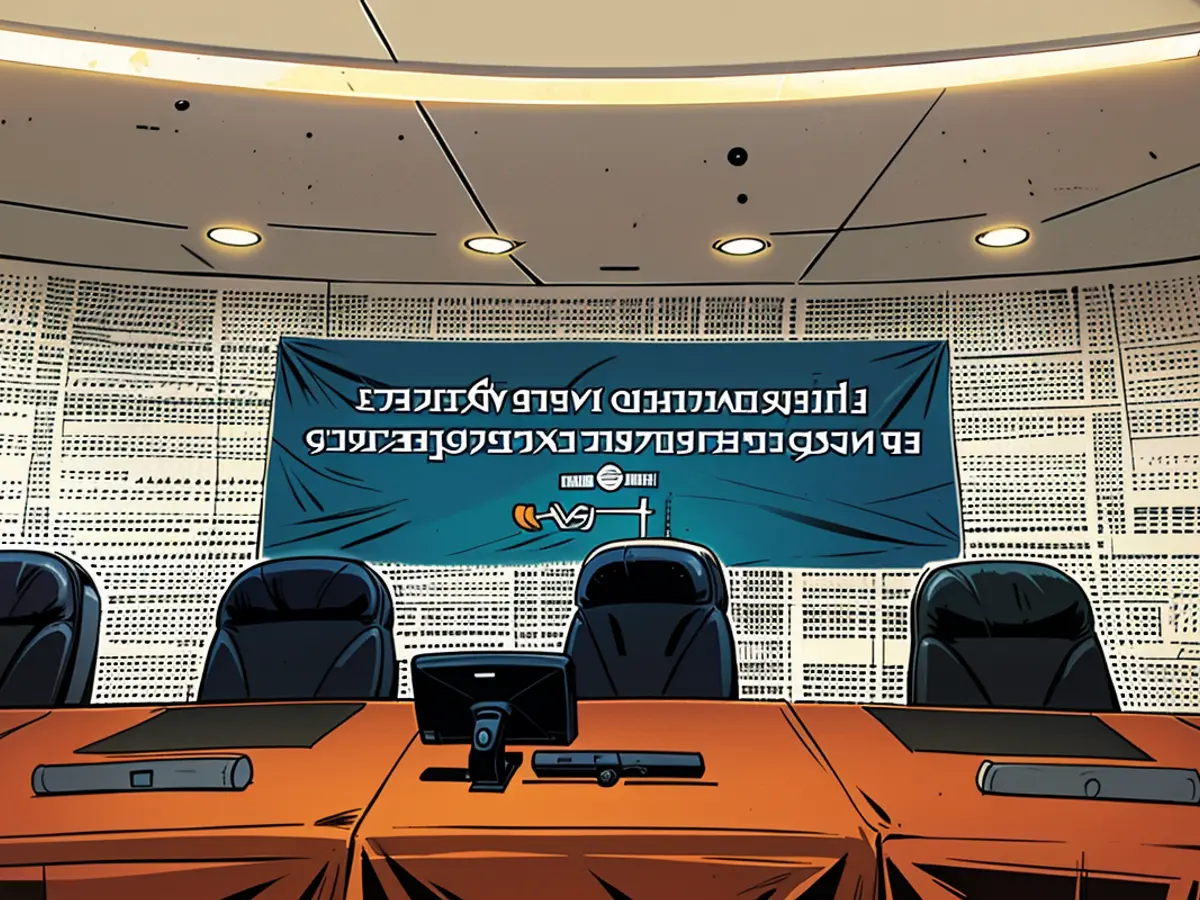Russia's enactment on "non-desirable organizations" is criticized by the Human Rights Court
The Strasbourg-based European Court of Human Rights (ECHR) has slapped a hefty fine on Russia for its restrictive 'undesirable organizations' law. Consequently, Moscow is mandated to compensate several hundred thousand Euros to four organizations and approximately 80 individuals, including detained Kremlin critic Vladimir Kara-Mursa. On the preceding day, Russia labeled the German Historical Institute (DHI) in Moscow as an 'undesirable entity.'
On Monday, the Max Weber Foundation voiced concerns, stating that this verdict is detrimental to academic freedom and intellectual discourse, an outcome foreseen considering Russia's political climate. As the DHI's managing organization, the foundation clarified that researchers from both Russia and Germany were working jointly on the nations' shared history at the DHI in Moscow.
Russia's latest move to deem the institute an 'undesirable organization' underscores Putin's perceived apprehension towards historical scrutiny. The Foreign Office further opined that Putin is intent on quelling even the most meek dissenting voices within Russia.
The 2015 'undesirable organizations' law renders operational activities by the affected institutions in Russia almost impossible. They are prohibited from establishing offices, executing projects, and disseminating information. Collaborating with these organizations may invite criminal charges. It's crucial to differentiate this legislation from Russia's law against 'foreign agents,' another tool exploited by the authorities to target unwanted entities.
The ECHR criticized Russia for violating the European Convention on Human Rights through the 'undesirable organizations' law, especially regarding the freedoms of association and expression. The authorities' imprecise reasons for designating organizations render the law ambiguous, creating uncertainty among the affected parties about whether their lawful actions would be deemed unlawful, disclosed the ECHR judges.
Nils Muiznieks, head of the Association of European Politics Universities of the Council of Europe, appreciated the decision, asserting it provides legal safeguards to him and similar organizations, who have unfairly been targeted by Russian authorities. The Association is one of the four organizations entitled to receive fines in accordance with the ECHR judgment.
In a separate ruling, the ECHR also chastised Russia for denying Memorial and other organizations access to archives documenting repressions during the Soviet era.
The ECHR is an arm of the Council of Europe, from which Russia was ejected due to its conflict with Ukraine. Since September 2022, Russia has ceased to be a member of the European Convention on Human Rights. Russia still needs to implement judgments on pending cases.
Read also:
The ECHR's criticism of Russia's 'undesirable organizations' law extends to its potential infringement on human rights, specifically freedoms of association and expression. Russia's labeling of the German Historical Institute as an 'undesirable entity' could lead to repression of academic freedom and intellectual discourse, as pointed out by international organizations.








